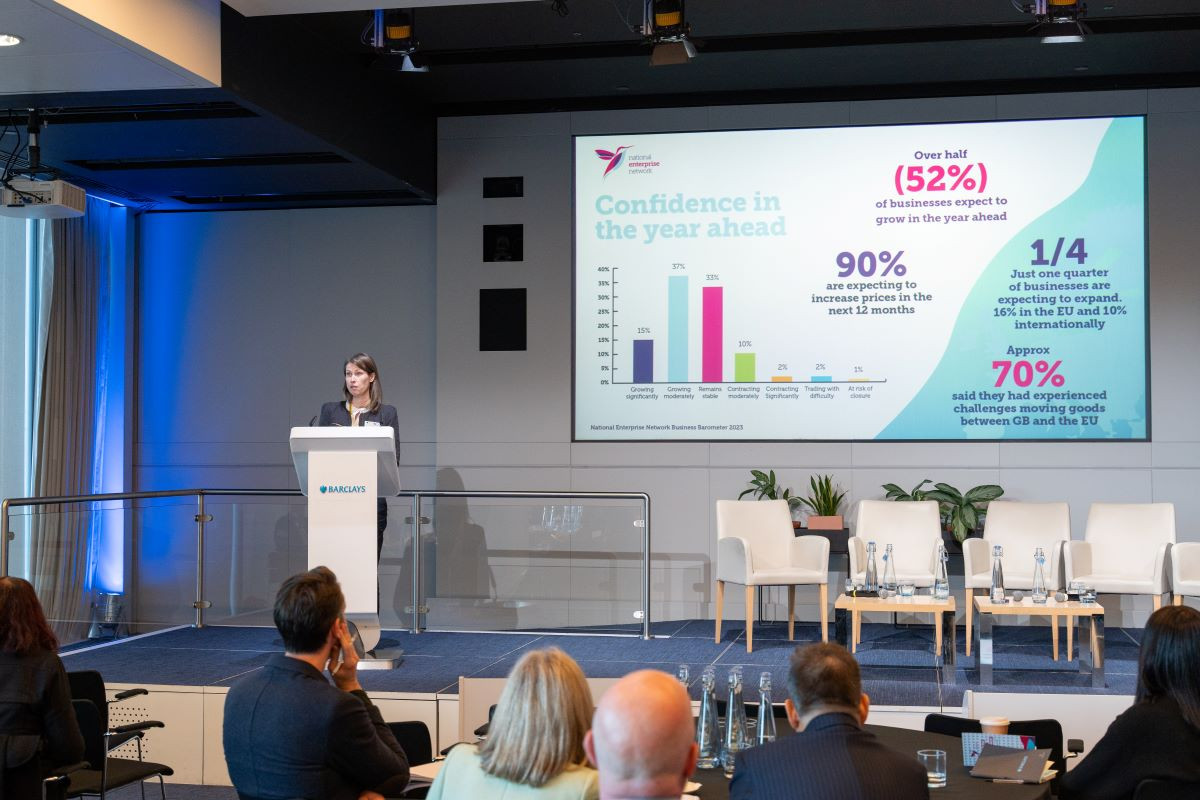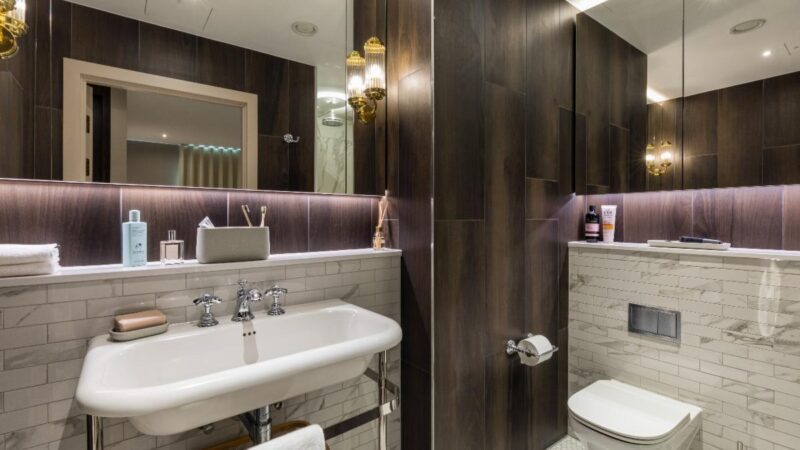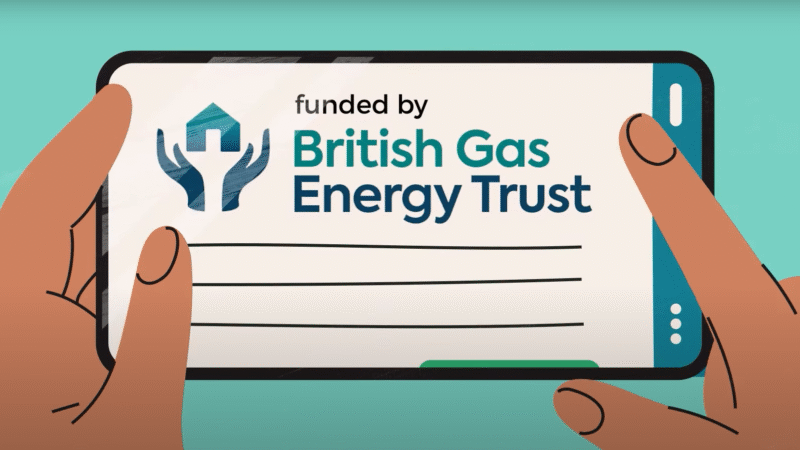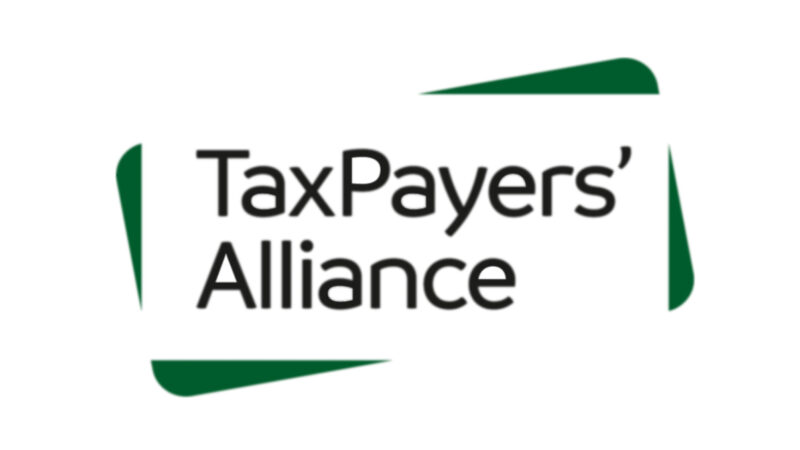Major survey reveals 99% of start-ups and small businesses require immediate support

Businesses urge government to provide business support urgently to enable the UK to hit future growth targets.
Almost 100% of the country’s key business growth drivers are calling on the government to prioritise business support.
The National Enterprise Network (NEN), the country’s leading representative of enterprise support for start-up, small and micro-businesses, has released the results of its 2023 Business Barometer, one of the country’s largest surveys of new start-ups and early-stage businesses.
• More than half (52%) said they were expecting growth in the coming year,
• Three quarters (76%) were worried about rising costs and a similar number expected to need funding
• Almost all of them (99%) said they needed business support NOW.
Carol Daniels, Operations Director at NEN said: “We need a manifesto for change in enterprise support in this country. The impact of the UK Shared Prosperity Funding and the changes to business support as a result of policies around Local Enterprise Partnerships and devolution has combined with rising costs, in particular wages, to create a massive mountain of challenges for those small businesses we are so passionate about.
“Businesses are desperate for support so they can deliver the growth our country needs, so we need policies now around how we sustain and support economic growth, how SMEs can access finance and accommodation, and how they can get the right advice as and when they need it.”
Speaking at the recent NEN conference, A Manifesto for Change in Enterprise Support, Alex Till, NEN Chairman said: “This is important to all of us because small and micro businesses drive innovation, which drives growth.
Looking at the statistics, with six million entrepreneurs, small businesses account for 50% of the country’s GDP, 50% of its growth and 75% of its innovation — making them absolutely critical in pushing the nation’s economy.”
NEN conducted the Business Barometer survey in collaboration with Enterprise Northern Ireland (ENI) in order to best understand the challenges small businesses face and the support they need to address these challenges.
More than 1,000 respondents, who included the owners, founders and senior managers of largely micro, small and self-employed businesses and sole traders from a broad spectrum of business sectors, took part in the survey.
The NEN results showed that 52% of the businesses are expecting growth within the coming year, while 38% have seen their turnover increase and 40% have seen an increase in their profits. 82% of businesses report a strong or stable cashflow position and 26% have recruited additional staff in the past year. 81% rate the productivity of their staff as good to excellent. However, 77% of those surveyed reported that they are likely to need additional financing within the next 12 months. Half of businesses looking for finance will be using it for investment in equipment, premises or software and 19% of businesses will be doing it to help fund their transition to net zero.
99% of respondents indicated that they need immediate support. Their concerns centred on increases in the cost of energy, goods and services and staff wages, as well a rise in the cost of debt and late payment by customers. Other concerns included cyber security and privacy and the difficulty of accessing supplies and the difficulty in recruiting. The survey identified that the main areas of support that businesses require include help with sales, business development and export; being efficient and more effective; digital marketing and social media trends; people and skills; financing; new technology and leadership and strategy. Introducing sustainable business practices also presented a challenge for those surveyed.
30% of businesses who took part in the survey turn to Enterprise Agencies or business and trade membership bodies in the first instance when they need support. Others sought the help and advice of local government departments, professional services firms such as lawyers or accountants, or a college or university.
The full survey results are available here: https://nationalenterprisenetwork.org/wp-content/uploads/2023/11/NEN-Business-Barometer-Report.pdf






